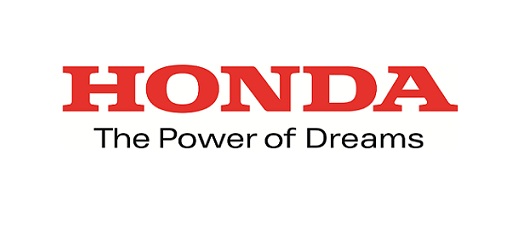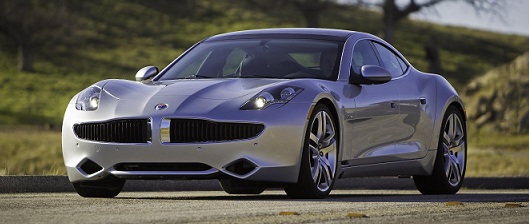Budget 2012 – What It Means To You
Budget 2012 – what it means to you
Chancellor of the Exchequer George Osborne delivered his second Budget speech today (Wednesday, March 21, 2012) He described his Budget, the subject of a 60-minute statement in the House of Commons, as one that ‘unashamedly backs business’, while supporting ‘working families and helping those looking for work. Below we highlight the Chancellor’s key measures that will impact on the company car and van sector and wider motor industry.
Fuel
The 3.02p per litre fuel duty increase (plus VAT) scheduled for
Average
Vehicle Excise Duty
On
Vehicle Excise Duty for private and light goods vehicles
Registered on or after
Euro 4 light goods vehicles registered between March 1, 2003 and December 31, 2006 only (not over 3,500kg revenue weight) - £135
Euro 5 light goods vehicles registered between
Company car tax
The Government has already announced major changes in company car tax with the abolition from April 6 of the so-called Qualifying Low Emission Car (QUALEC) category. Drivers of company cars with a zero CO2 rating - electric cars - will continue to benefit from a 0% benefit-in-kind tax charge; while the 1-75g/km tax threshold remains at 5%; and the 76-99 g/km threshold at 10%.
There also remains in place for 2012/13 a 3% tax surcharge for drivers of diesel cars.
Car fuel benefit charge (FBC) 2012/13 and 2013/14
Employees who are in receipt of company-funded fuel used privately will see their benefit-in-kind tax bills rise from April 6. The Chancellor announced in the Budget that the FBC multiplier for company cars will increase from £18,800 to £20,200, and will increase by 2% above the
Van benefit charge
The Government has frozen the van benefit charge at £3,000 in 2012/13. From April 2015, the five-year exemption for zero emission vans from the van benefit charge will expire.
Van fuel benefit charge (FBC) 2012/13 and 2013/14
From April 6, the van FBC multiplier has been frozen at £550, but will increase by the
Capital Allowances
HM Treasury has confirmed that the previously announced reduction in the main rate of capital allowances on plant and machinery, which includes vans and cars, will come into effect for the 2012/13 financial year with rates frozen for 2013/14.
While continuing to adhere to the system introduced in 2009, which offers enhanced rates for lower emission vehicles, and the separation of vehicles into three pools depending on their emissions, the Government is lowering the rates of reclaim by 2% on vehicles with emissions above 110g/km.
Companies purchasing cars with emissions of 110g/km or below can continue to write down the full cost of vehicles against their taxable profits in the first year of ownership
Companies purchasing cars with emissions between 111g/km and 160 g/km must allocate the expenditure to the general plant and machinery pool - where they will be able to write down 18 % of the cost of vehicles against their taxable profits each year, on a reducing balance basis (previously 20%).
Companies purchasing cars with emissions of 161 g/km and above must allocate the expenditure to a ‘special rate’ plant and machinery pool - where they will be able to write down only 8 % of the cost of vehicles against their taxable profits each year, on a reducing balance basis (previously 10%).
Cars already on-fleet prior to the April 2009 change to an emissions-based structure will continue to be administered under the previous price based system until disposal under transition period rules.
The reductions in capital allowance rates were first announced by the coalition Government’s 2010 Budget Statement. However, the Chancellor has also announced further changes in capital allowances business car rules, which will become effective in 12 months time. From April 2013, the Government will extend the 100% first year allowance for businesses purchasing low emissions cars for a further two years to
Simultaneously it will reduce the carbon dioxide emissions threshold below which cars are eligible for the first year allowance from 110 g/km to 95 g/km, and leased business cars will no longer be eligible for the first year allowance.
Additionally, the carbon dioxide emissions threshold for the main rate of capital allowances for business cars will reduce from 160 g/km to 130 g/km. The threshold above which the lease rental restriction applies will also reduce from 160 g/km to 130 g/km.













Facebook
Twitter